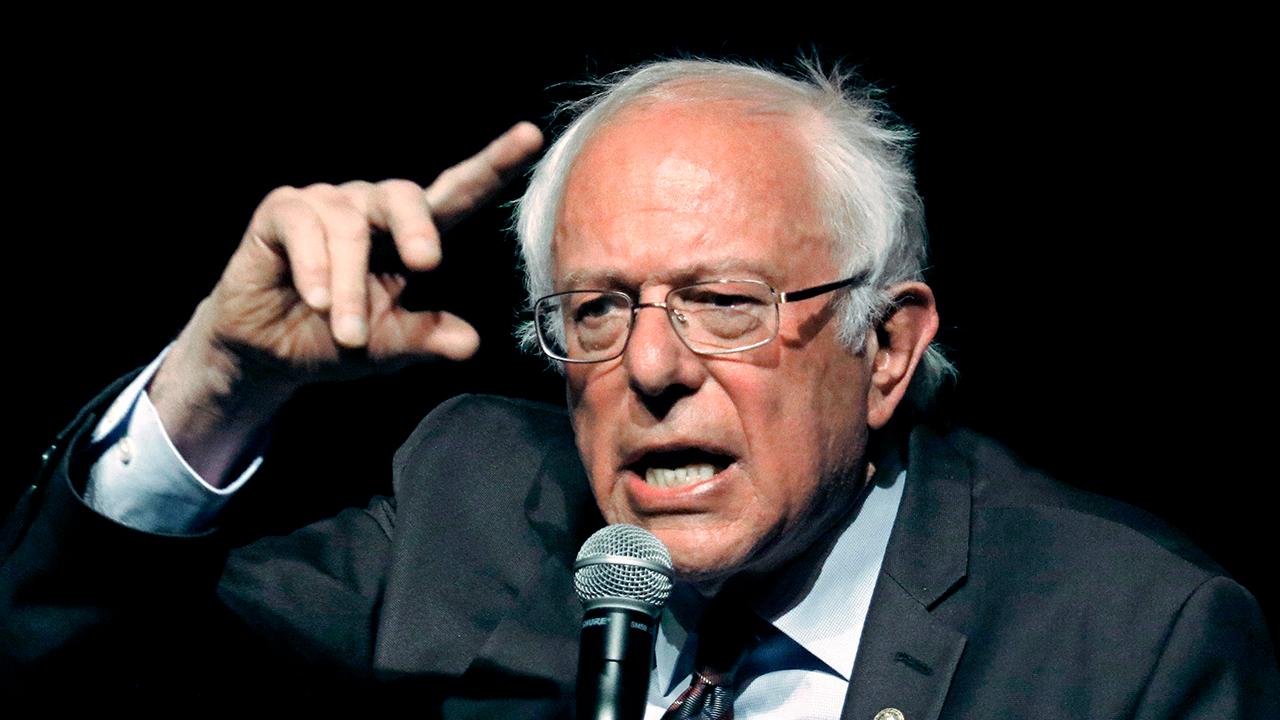Are young people misinformed about socialism?
The 2020 U.S. presidential election may be 18 months away, but the capitalism vs. socialism debate has been at the forefront amongst the younger generation and Democratic presidential candidates.
According to a Gallup report, 57 percent of Democrats and 51 percent of young people have a positive view of socialism.
“This is very disheartening when I see people not being able to define capitalism and socialism, but the good news is when pushed I think a lot of these folks really do believe in the fundaments of capitalism, they just don’t know it,” Freedomworks President & CEO Adam Brandon told FOX Business Maria Bartiromo on Thursday.
The main difference between capitalism and socialism is the extent of government intervention in the economy. A capitalist economic system is characterized by private ownership of assets and business. A capitalist economy relies on free-markets to determine, price, incomes, wealth and distribution of goods.
A socialist economic system is defined by greater government intervention to re-allocate resources in a more egalitarian way.
“These kids that are coming out of school right now, they’ve got incredible job opportunities ahead of them. This is a good thing. This is gonna help set them up for the rest of their entire careers,” Brandon said.
Socialist countries such the Soviet Union (USSR), China’s Mao Zedong and today’s Venezuela have maintain a disheartening economic record. There’s very little or no economic growth, its citizen suffer from hunger and authoritarian government. People risk their lives to flee these countries for freedom.
“I have a lot of young folks on my staff and their first political moment was September 11th. They don’t remember the Berlin wall, they don’t remember Gorbachev, they don’t remember socialism per say,” Brandon said. “To them, socialism may sound like something cool, something modern, something a little different, but kind of a version of capitalism. They’re not thinking of it the way we think about it which is bread lines and tyranny.”
Sen. Bernie Sanders, Vt., is a self-proclaimed a socialist presidential candidate. The Vermont Senator has has looked for positive examples of socialism in counties like Denmark, Finland, Norway, and Sweden, while dismissing Venezuela. All four of those countries rated above the United States on the tax foundation’s international competiveness index. All those countries also have open and free market economies with low corporate tax rates which Sanders has opposed. The low corporate tax rates in those countries are designed to maximize corporate revenue. They’re small and homogenous societies.
According to Pew Research, in 2020, nearly a quarter of the electorate (23 percent) will be ages 65 and older. It’s the highest such share since at least 1970. This reflects not only the maturation of the large Baby Boom generation, but also increased life expectancy among older Americans.
Baby Boomers and older generations, who will be ages 56 and older next year, are expected to account for fewer than four in ten eligible voters in 2020. This is a significant change from 2000, when nearly seven in ten eligible voters (68 percent) were baby Boomers or members of the Greatest Generation (collectively, those ages 36 and older at the time).
CLICK HERE TO GET THE FOX BUSINESS APP
The next presidential election will also mark the first time that millennials (who will be ages 24 to 39 in 2020) will account for a slightly smaller share of the electorate than they represented in the last election. The number of millennials eligible to vote is increased due to foreign born millennials naturalizing to become citizens.
Why should we care? Because the differences in turnout rates matter when talking about generations and should be kept in mind as election season gets underway. Since older adults are more likely to turn out to vote, it’s possible that the older generation will form a larger share of actual voters in 2020 than their share in the electorate.
While there seems to be an elevated amount of discussion over socialism and the debate about how high taxes plus government spending, one thing is for certain, Americans like free enterprise and very few want a more powerful government.




















